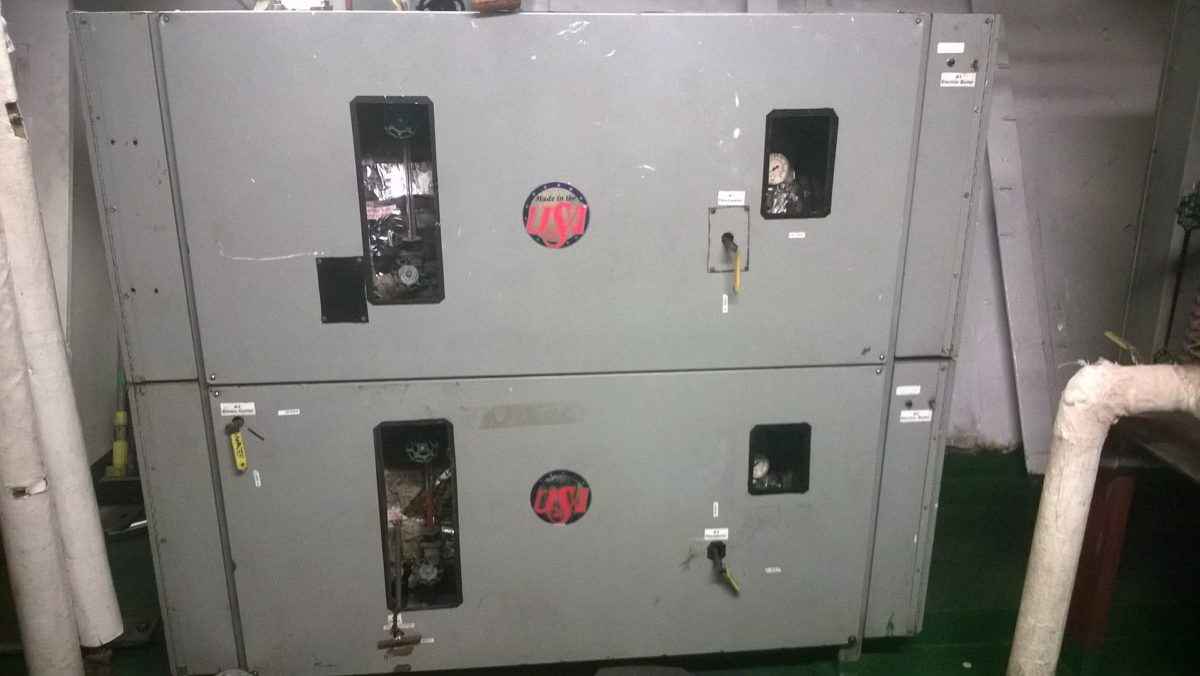The Netherlands continues to be one of the would's most creative countries in terms of innovative ways to integrate solar power, as network constraints are growing with the deployment of new PV capacity.
Last week, the country’ largest utility, Liander, said that it will test a new solution developed by Amsterdam-based startup Recoy to manage the growing amount of solar power going through its grid at peak times during sunny hours. They will use demand from big electric boilers that convert electricity into heat in the form of steam and hot water.
Liander said the solution will be applied to electric boilers in Amsterdam that have capacities of more than 5 megavolt ampere and are connected to the medium-voltage grid.
“This heat is used by the businesses directly for self-consumption or used at a later time,” it said.
Liander's customer and design director, Huibert Baud, said Recoy's tech was particularly appealing.
“We chose the Recoy solution because it is really new,” said Baud. “In the pilot, we will gain experience together with Recoy whether this really works.”
The utility said that energy-intensive buildings such as greenhouses, data centers and factories are the ideal candidates for the proposed solution. Recoy will now test its concepts in a pilot project with €30,000 ($35,790) of financial support from Alliander.
The Netherlands could reach between 38 GW and 125 GW of total installed solar capacity by 2050, according to a recent report by Netbeheer Nederland. However, existing grid constraints might limit this growth if the network is not be expanded or reinforced.
In December, the Netherlands Authority for Consumers and Markets said that the first-come, first-served principle applied by grid operators is the correct approach to manage current grid congestion. In May, the Dutch government decided that grid operators will not be required to compensate the owners of solar rooftops whose arrays are disconnected due to problems with grid capacity and voltage quality.
Grid-capacity issues are affecting the provinces of Gelderland, Noord-Holland, and parts of Flevoland, Friesland, and Zuid-Holland. There are also similar problems in parts of Groningen, Drenthe, and Overijssel.
This content is protected by copyright and may not be reused. If you want to cooperate with us and would like to reuse some of our content, please contact: editors@pv-magazine.com.




By submitting this form you agree to pv magazine using your data for the purposes of publishing your comment.
Your personal data will only be disclosed or otherwise transmitted to third parties for the purposes of spam filtering or if this is necessary for technical maintenance of the website. Any other transfer to third parties will not take place unless this is justified on the basis of applicable data protection regulations or if pv magazine is legally obliged to do so.
You may revoke this consent at any time with effect for the future, in which case your personal data will be deleted immediately. Otherwise, your data will be deleted if pv magazine has processed your request or the purpose of data storage is fulfilled.
Further information on data privacy can be found in our Data Protection Policy.